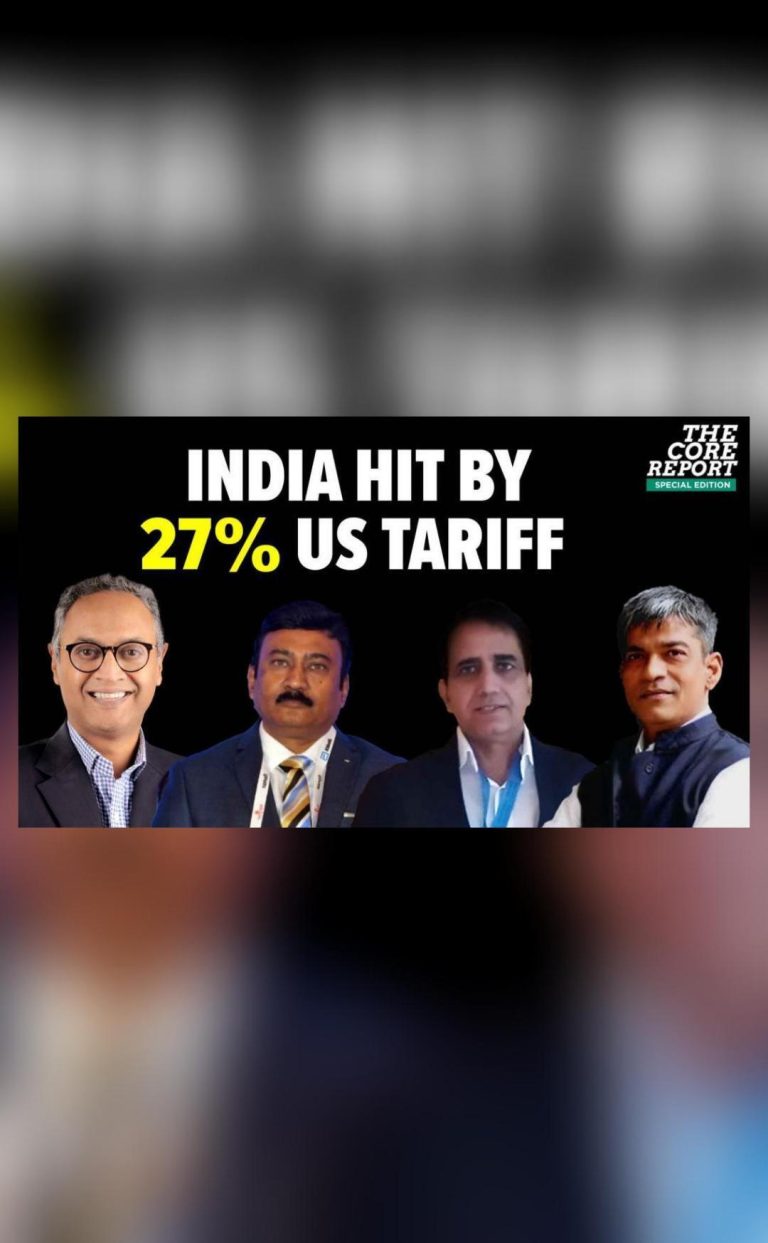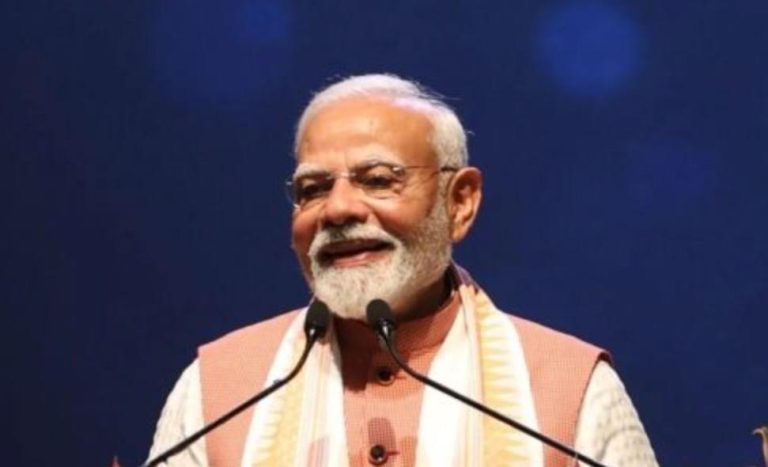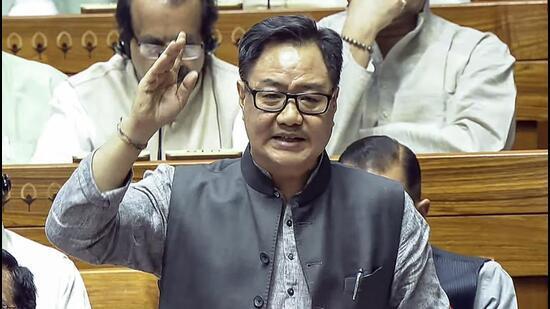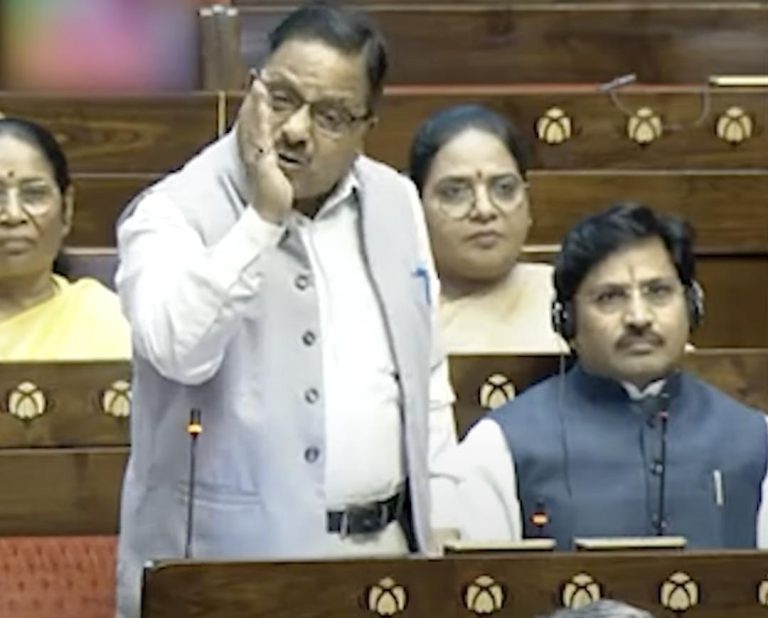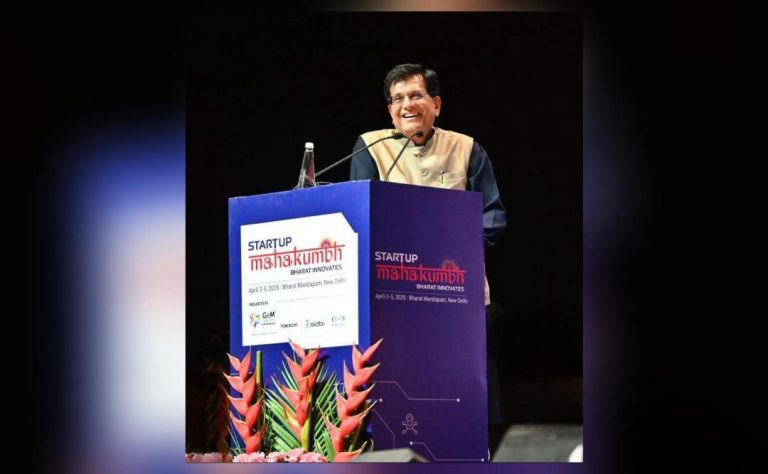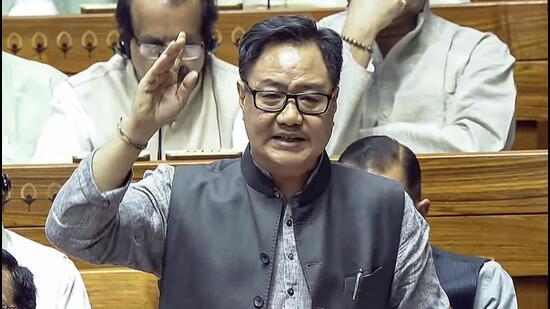France to Double Its Military Spending Amid Trump’s Threat
In a move aimed at boosting its military capabilities and reducing its reliance on the United States, French President Emmanuel Macron has announced that France will double its military spending. This decision comes amid US President Donald Trump’s pressure on NATO member states to increase their contributions towards collective security.
Macron’s announcement is seen as a response to Trump’s recent comments, in which he urged NATO member states to increase their defence spending to 4% of their GDP. Macron has been a vocal critic of Trump’s stance on defence spending, and has previously urged European Union (EU) countries to spend more on their defence and reduce their reliance on the US.
The French President’s decision to double its military spending is a significant move, as it will increase France’s defence budget from 2.1% to 4.2% of its GDP. This will allow France to invest in modernising its military equipment, as well as increasing the number of troops stationed abroad.
Macron’s announcement is not only a response to Trump’s pressure, but also a reflection of France’s growing concerns about its own security. France has been involved in several military interventions in recent years, including in Mali, the Central African Republic, and Syria. The country is also a key player in the fight against ISIS, and has contributed troops to the international coalition against the terrorist group.
The increase in France’s military spending is also seen as a way to bolster its position within the EU. Macron has been a strong advocate for greater European defence cooperation, and has called for the EU to develop its own military capabilities. The increase in French military spending is seen as a step in this direction, and is likely to be seen as a positive development by other EU countries.
Other EU countries are also expected to increase their military spending in response to Trump’s pressure. Germany, for example, has announced that it will increase its defence spending to 1.5% of its GDP by 2025, up from 1.2% currently. Italy has also announced plans to increase its defence spending, and other EU countries are likely to follow suit.
The increase in EU defence spending is seen as a positive development, as it will allow the EU to develop its own military capabilities and reduce its reliance on the US. This is particularly important, as the US has been reducing its military presence in Europe in recent years, and has been pushing EU countries to take on more of the defence burden.
The increase in EU defence spending is also seen as a way to promote greater European unity and cooperation. The EU has a long history of cooperation on defence issues, and has developed a number of joint military organisations, including the European Defence Agency and the European Union Satellite Centre. The increase in defence spending is likely to lead to greater cooperation and coordination between EU countries, and will help to promote a sense of shared security and purpose.
In conclusion, France’s decision to double its military spending is a significant development, and is likely to have far-reaching implications for European defence and security. The increase in French military spending is a response to Trump’s pressure, but it is also a reflection of France’s growing concerns about its own security. The increase in EU defence spending is seen as a positive development, as it will allow the EU to develop its own military capabilities and reduce its reliance on the US. This is likely to promote greater European unity and cooperation, and will help to promote a sense of shared security and purpose.
https://www.rt.com/news/612117-france-eu-military-spending-us/amp/

